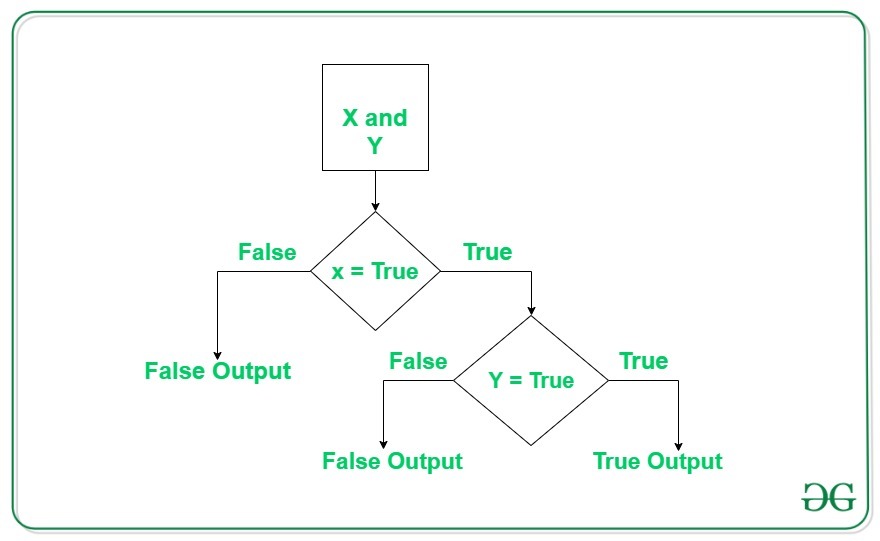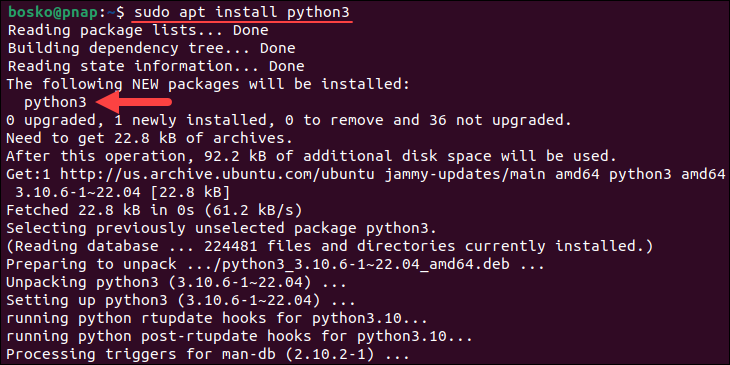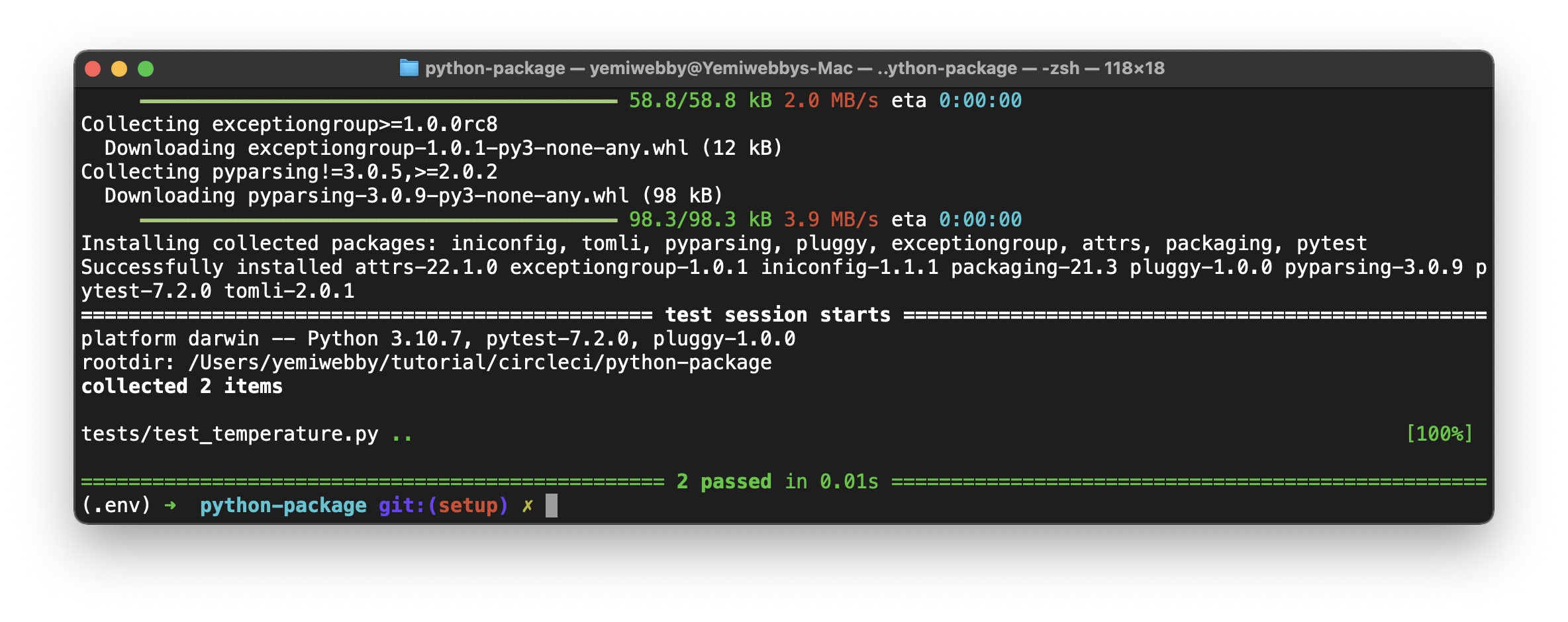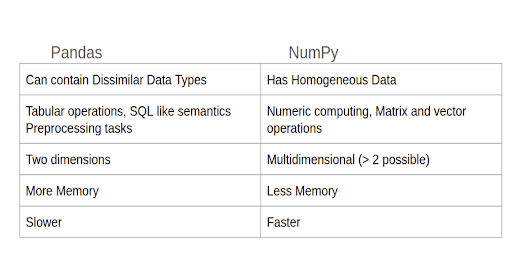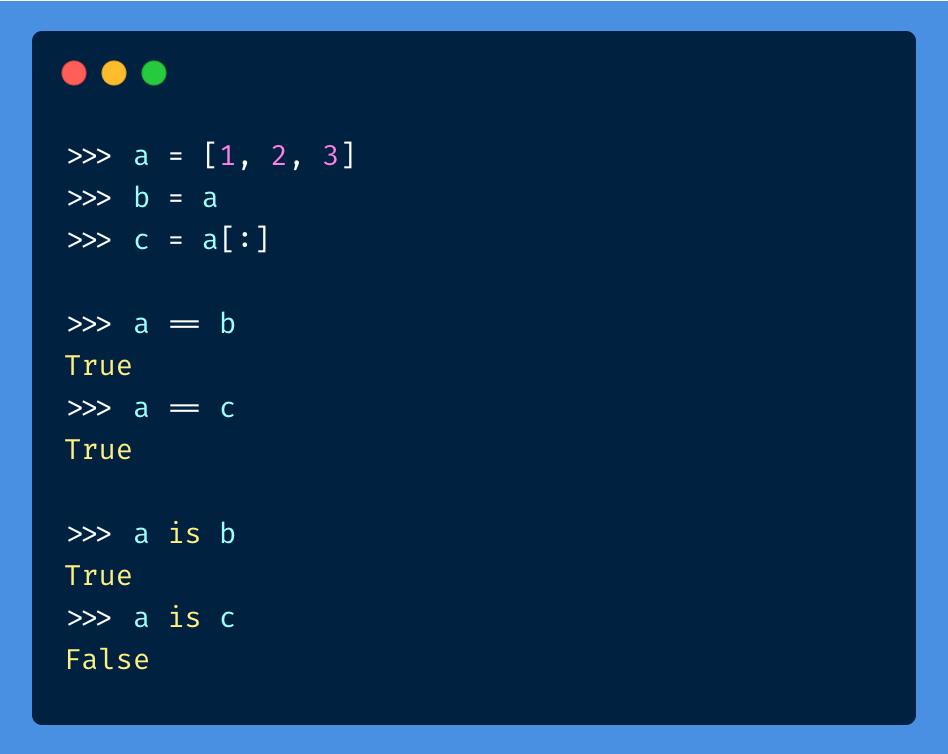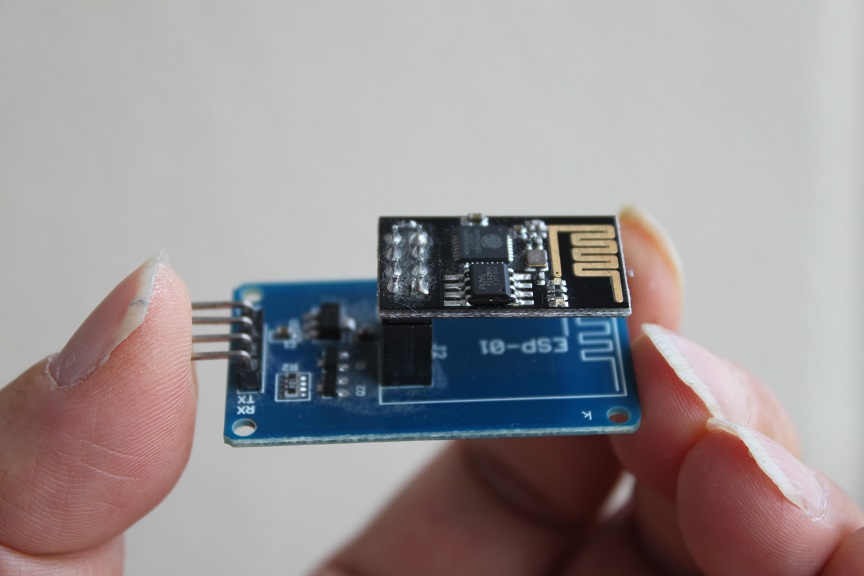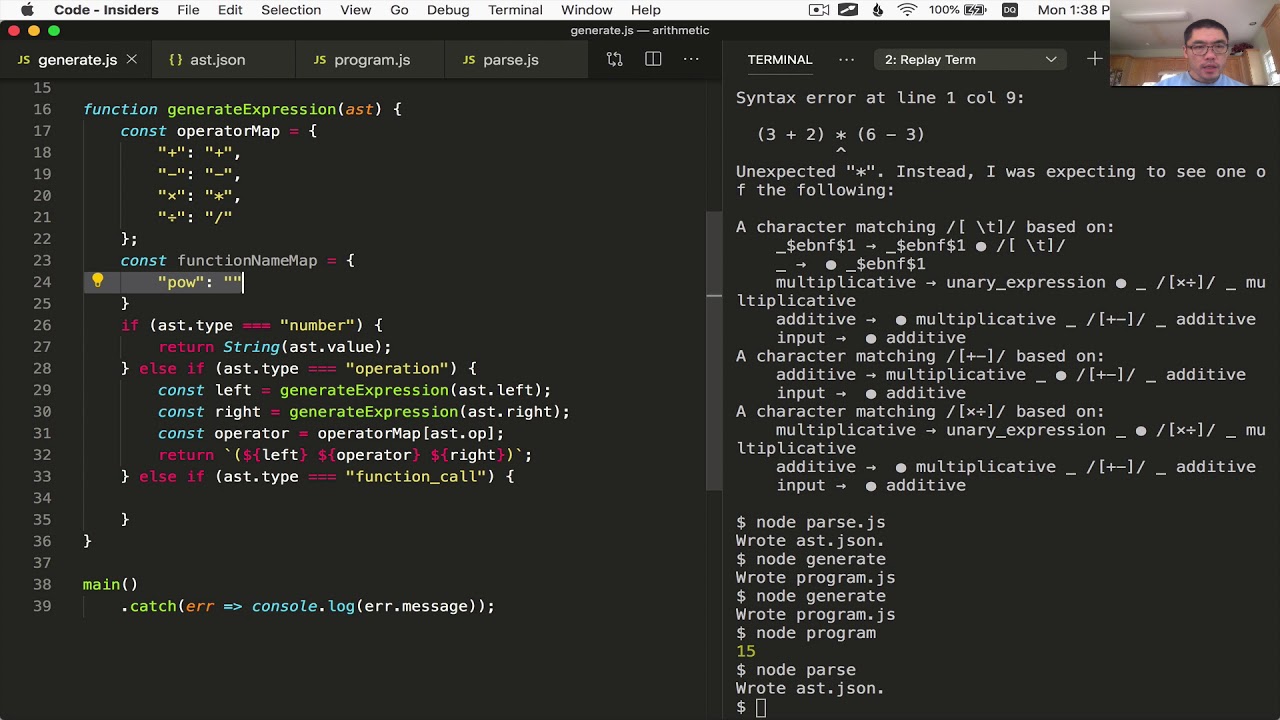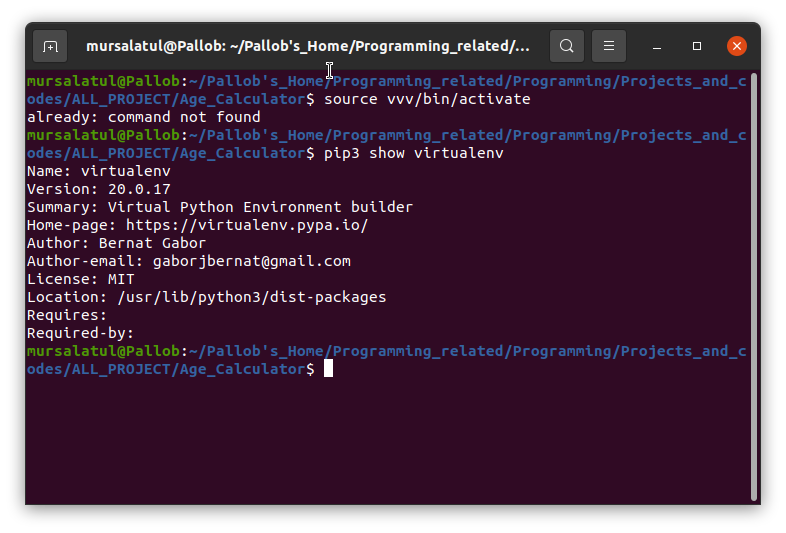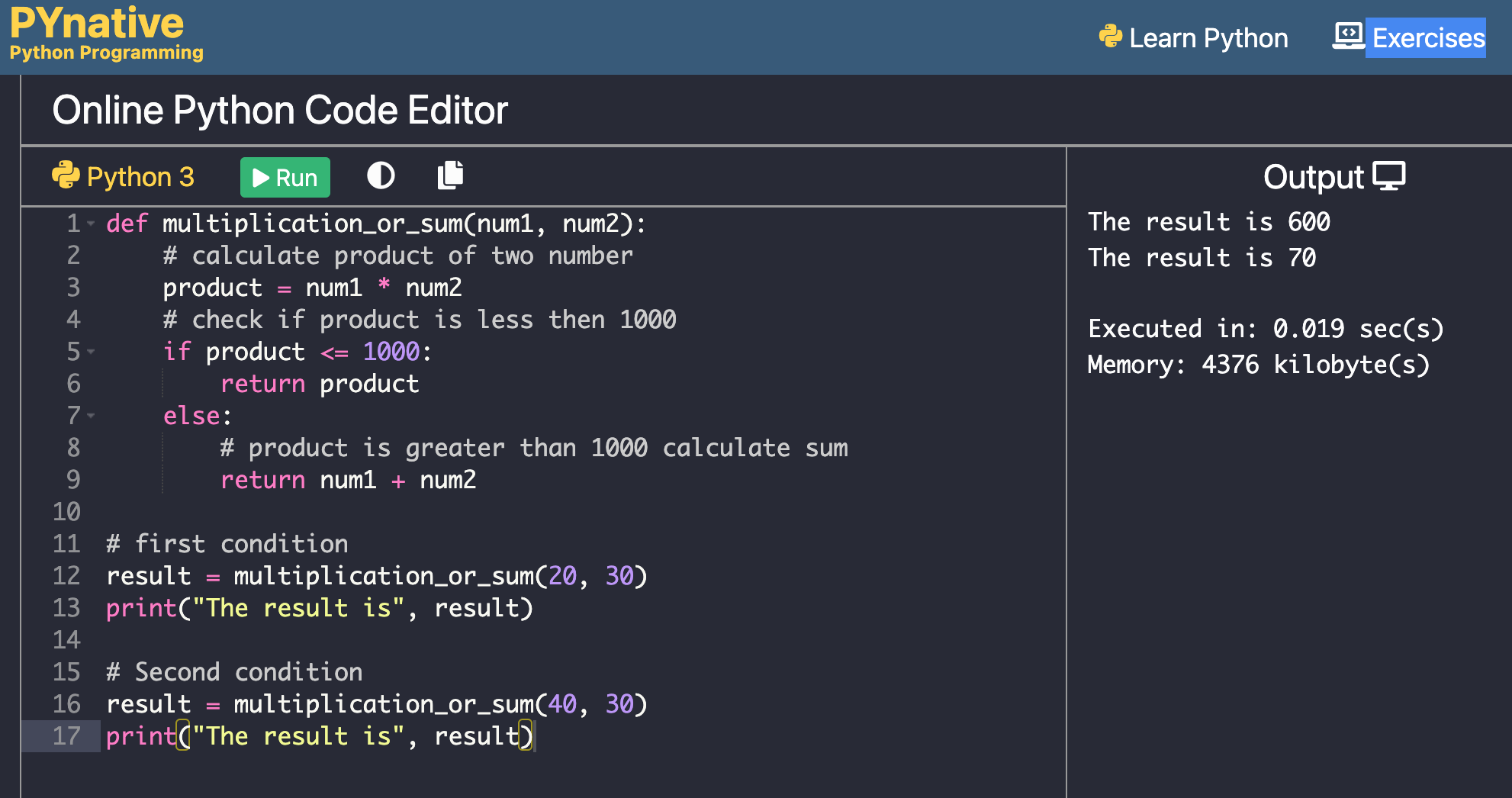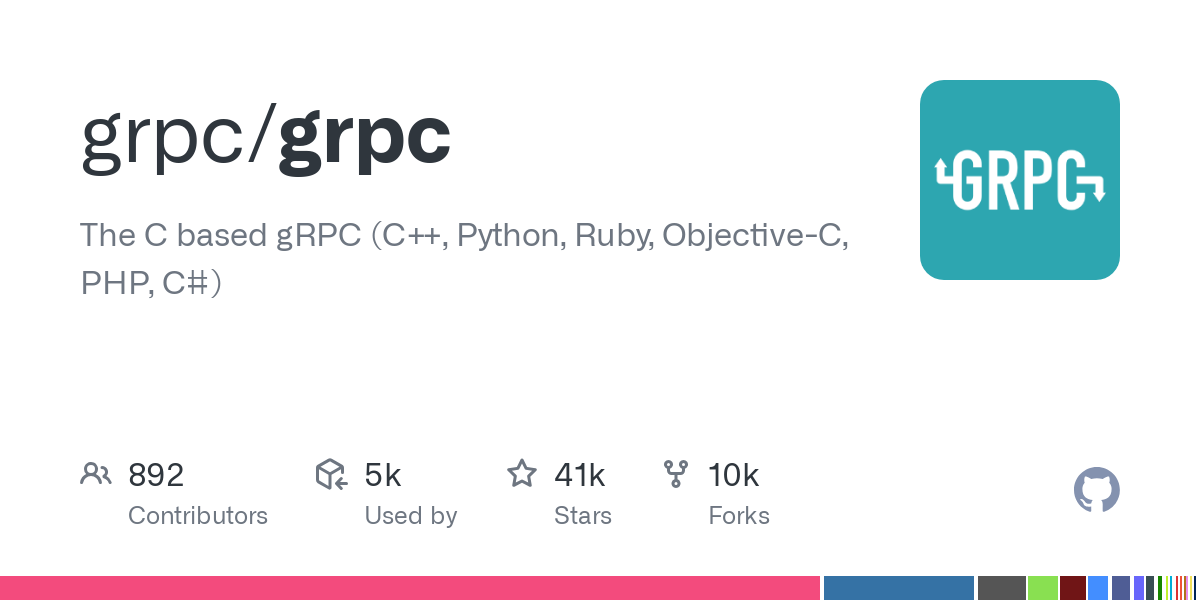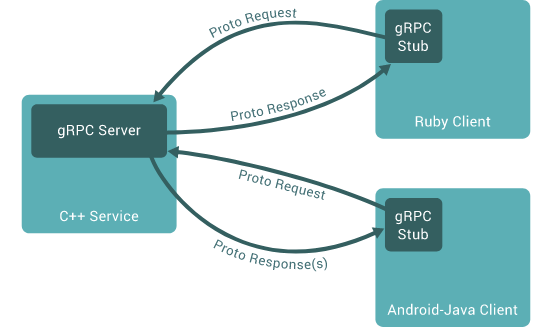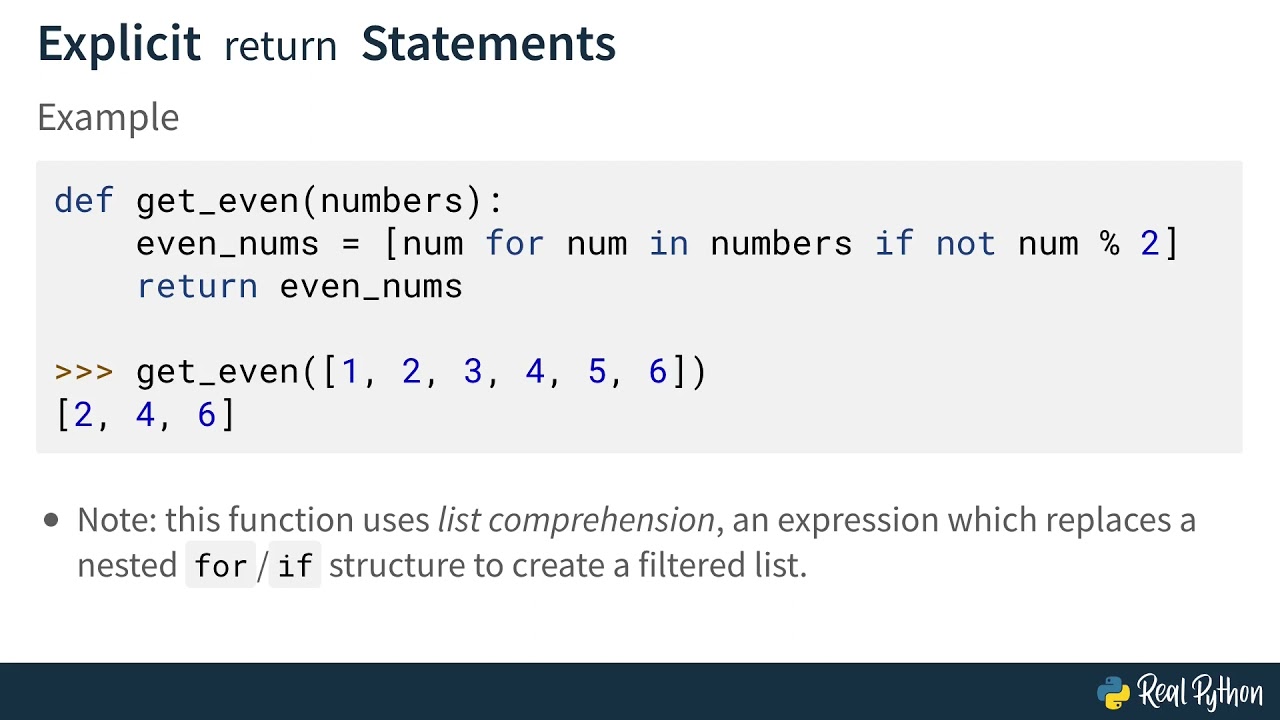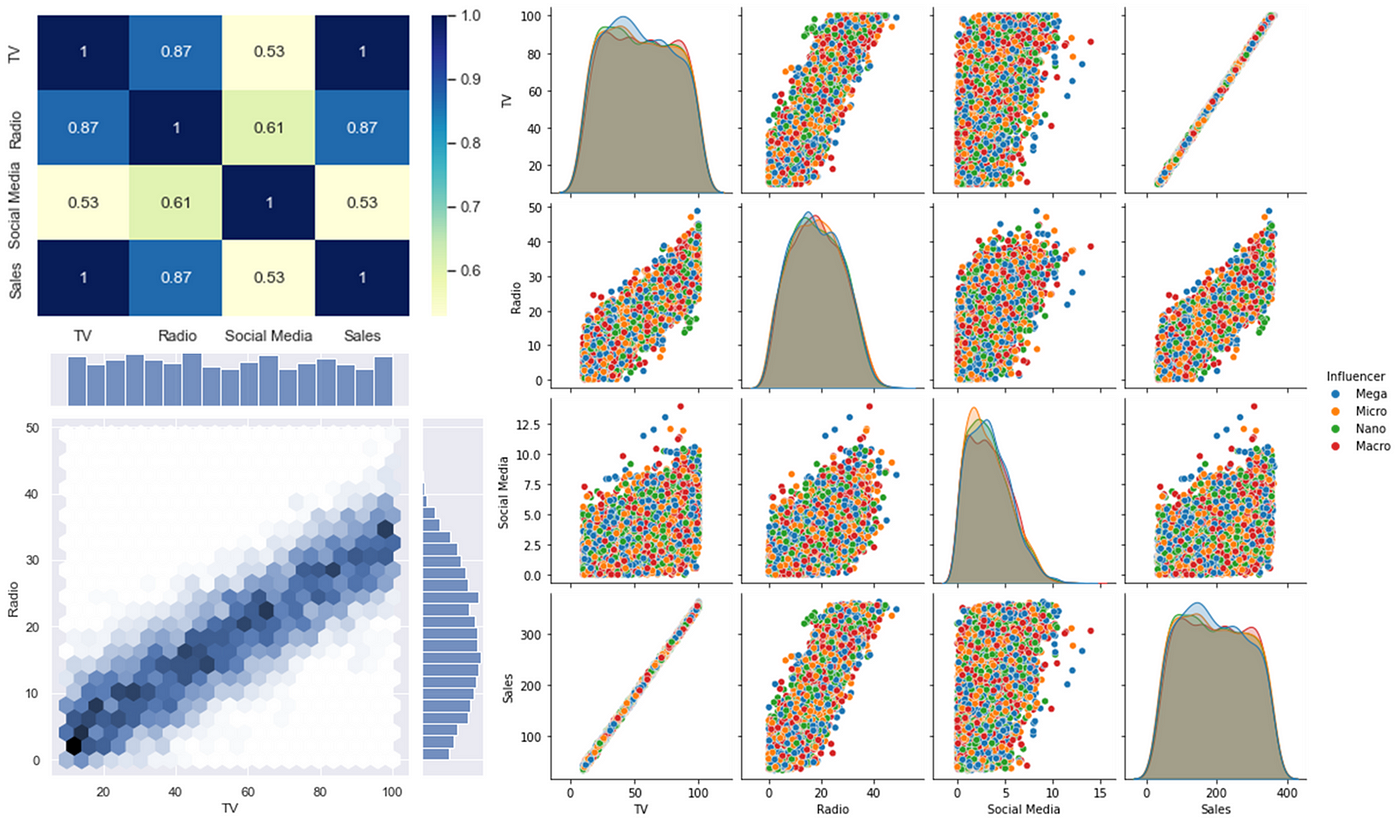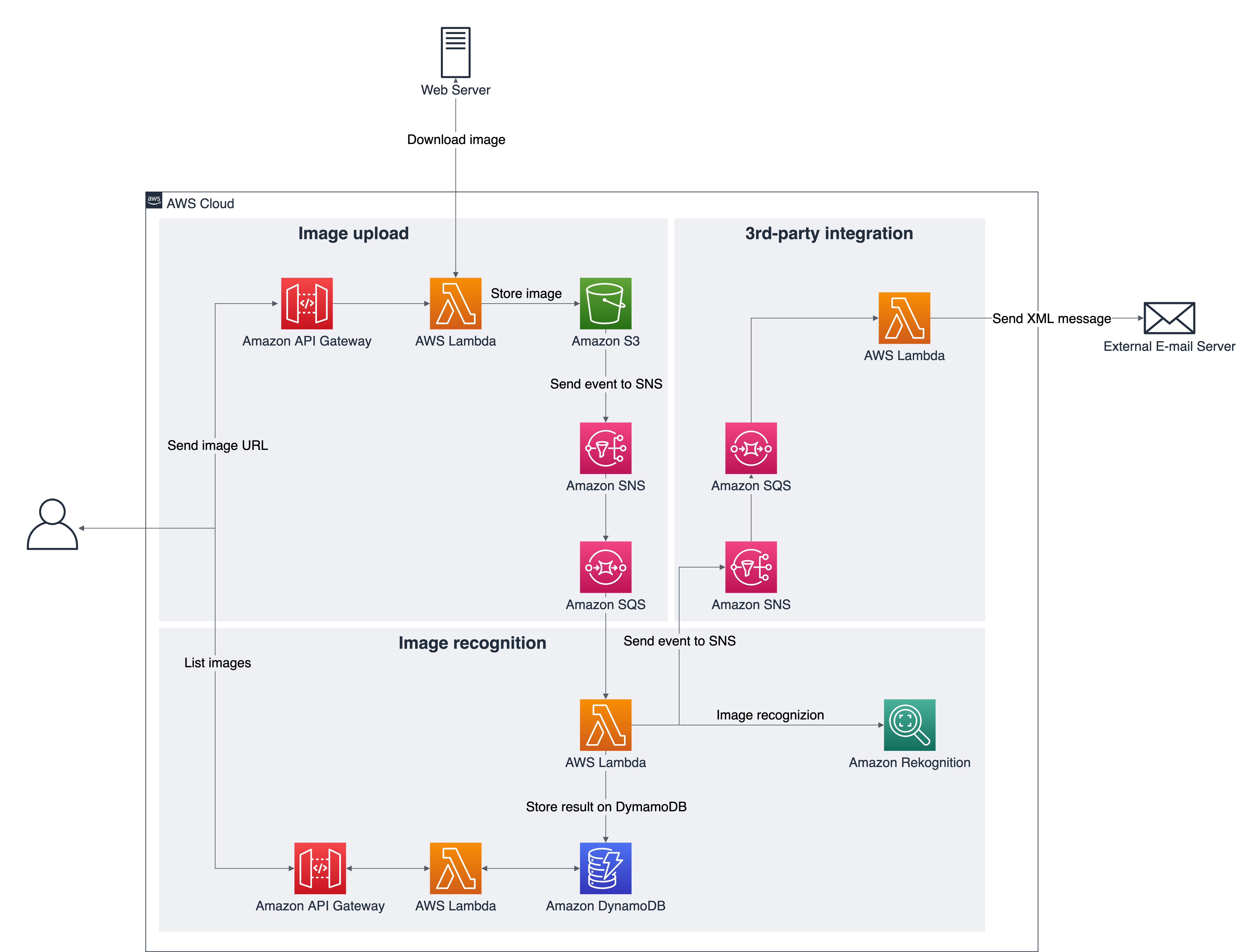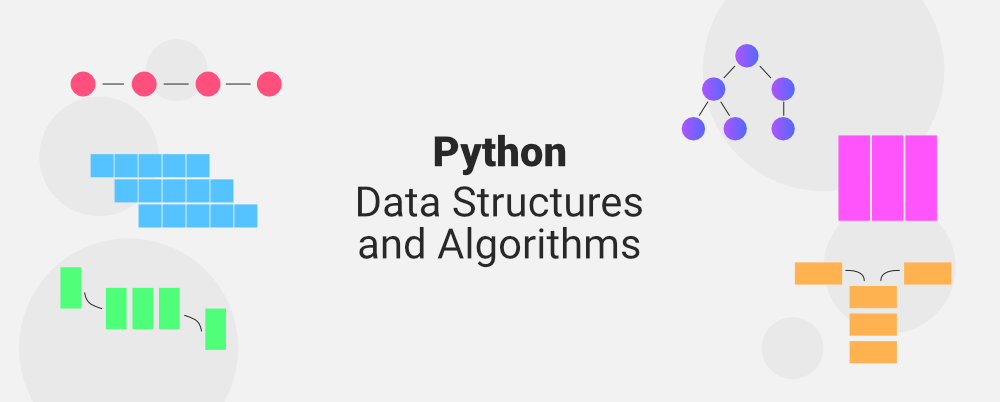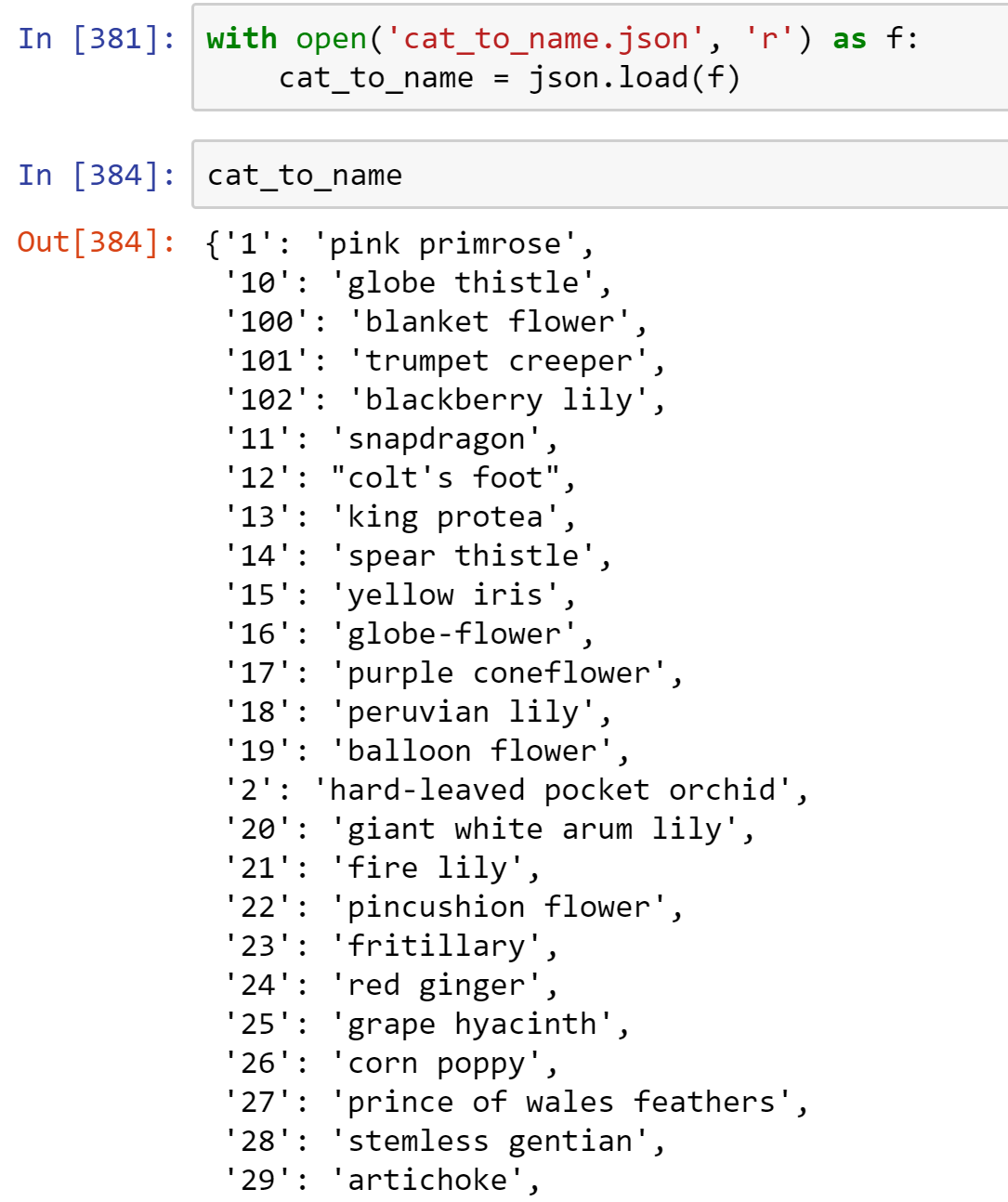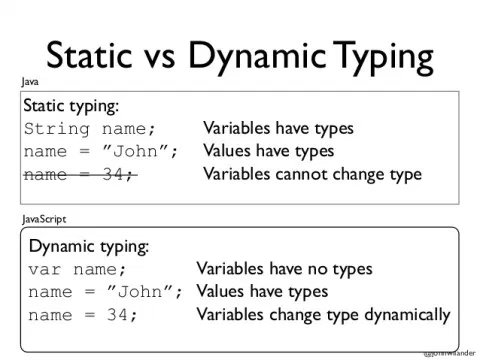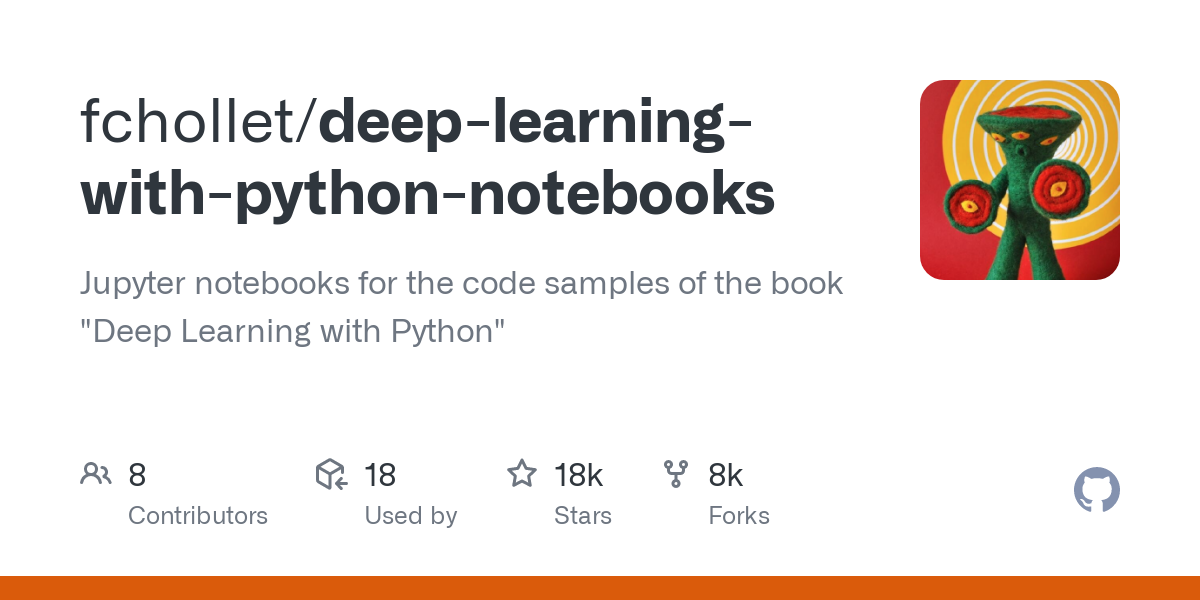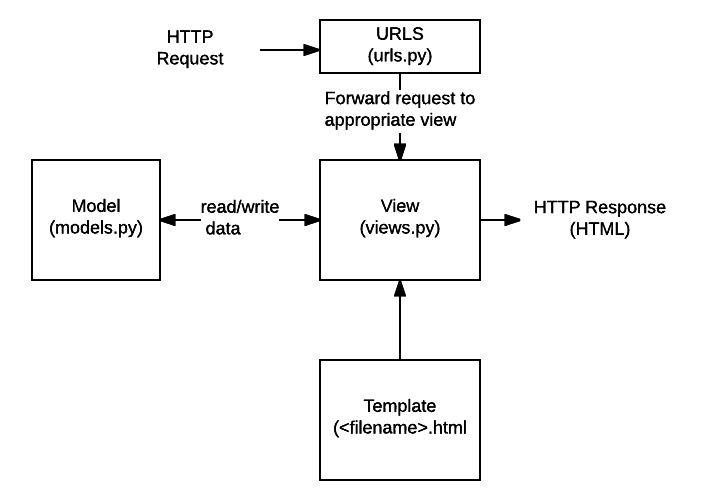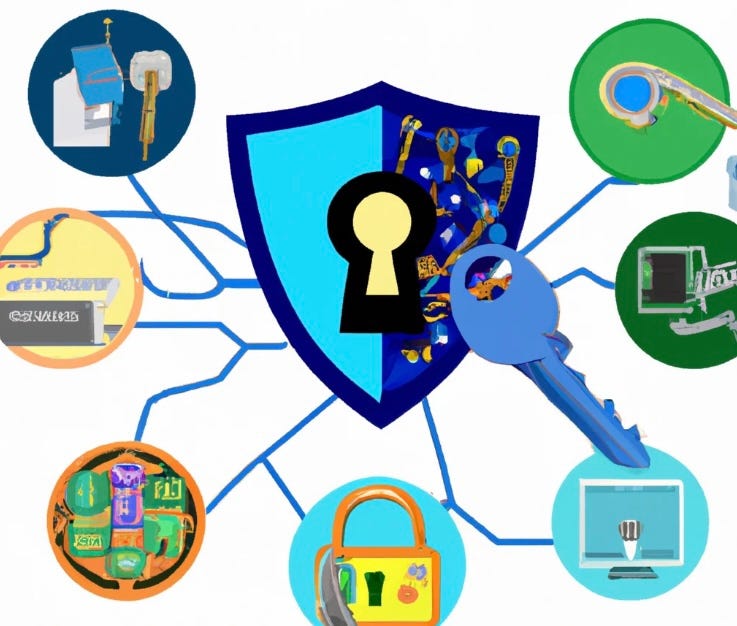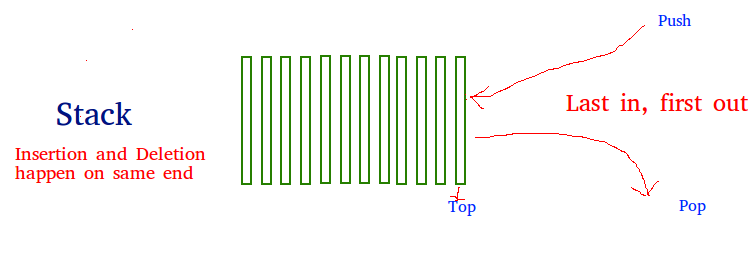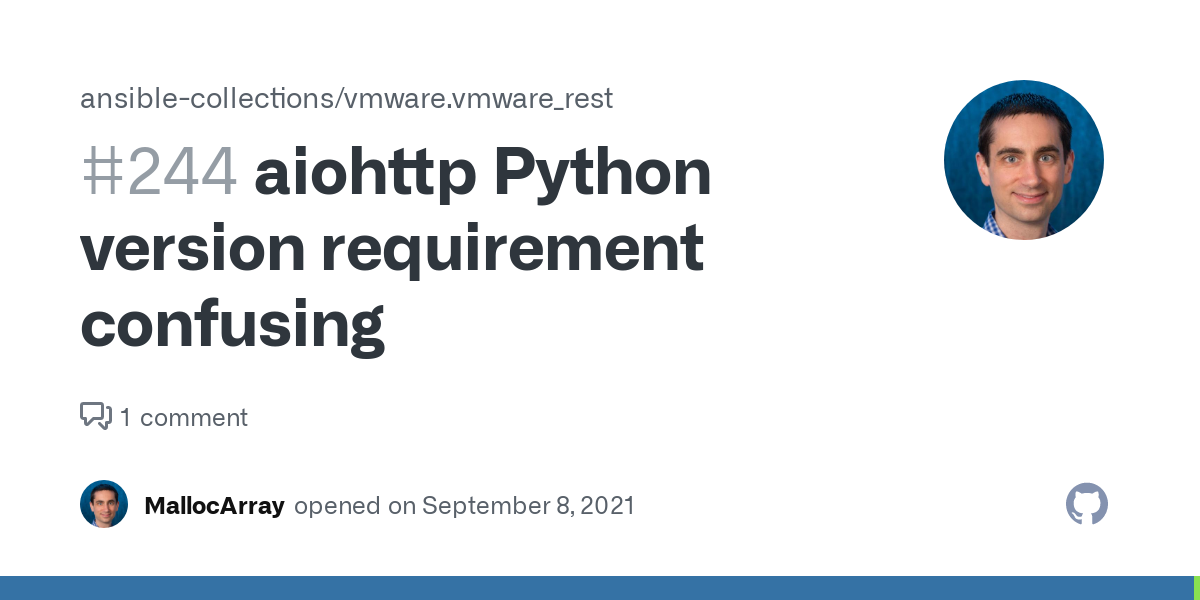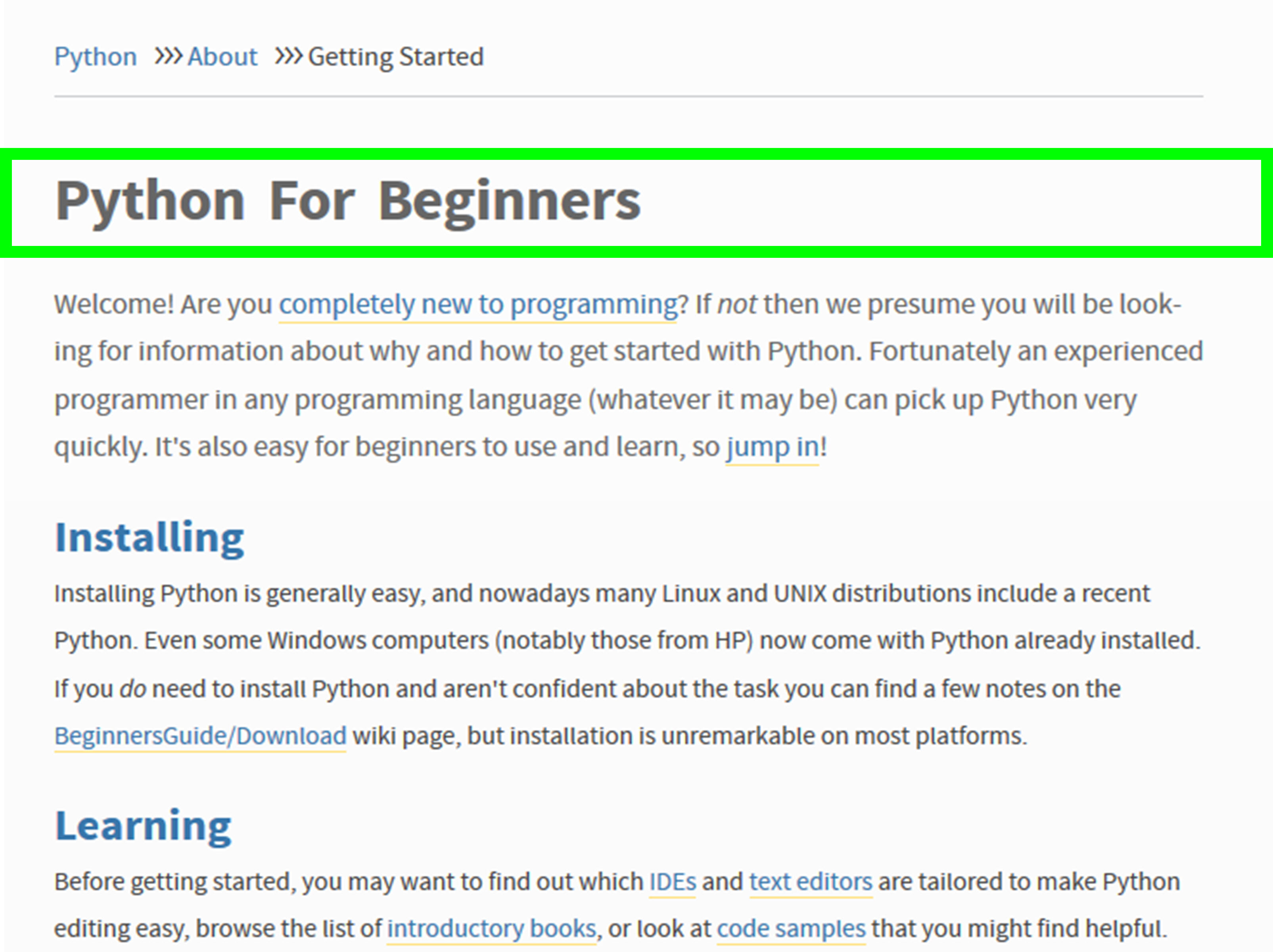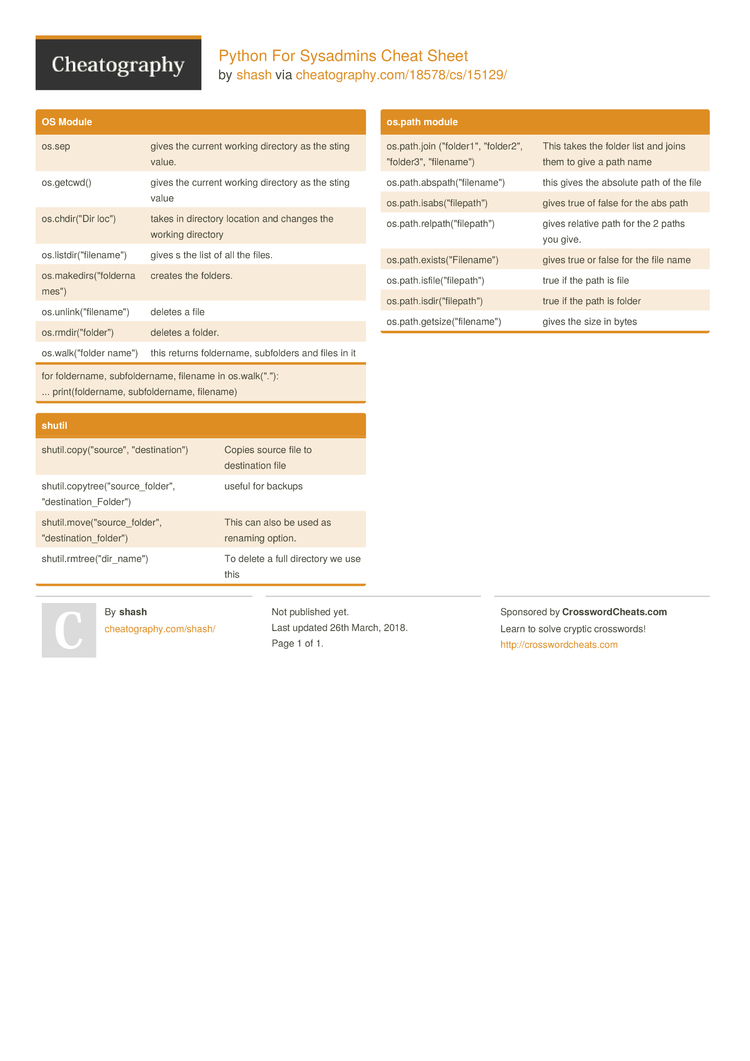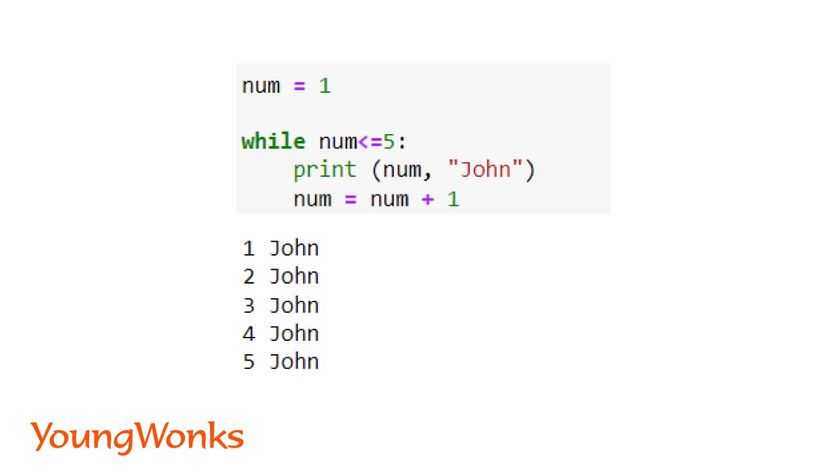How long does it take to learn and get a job in Python?
How long does it take to learn and get a job in Python?
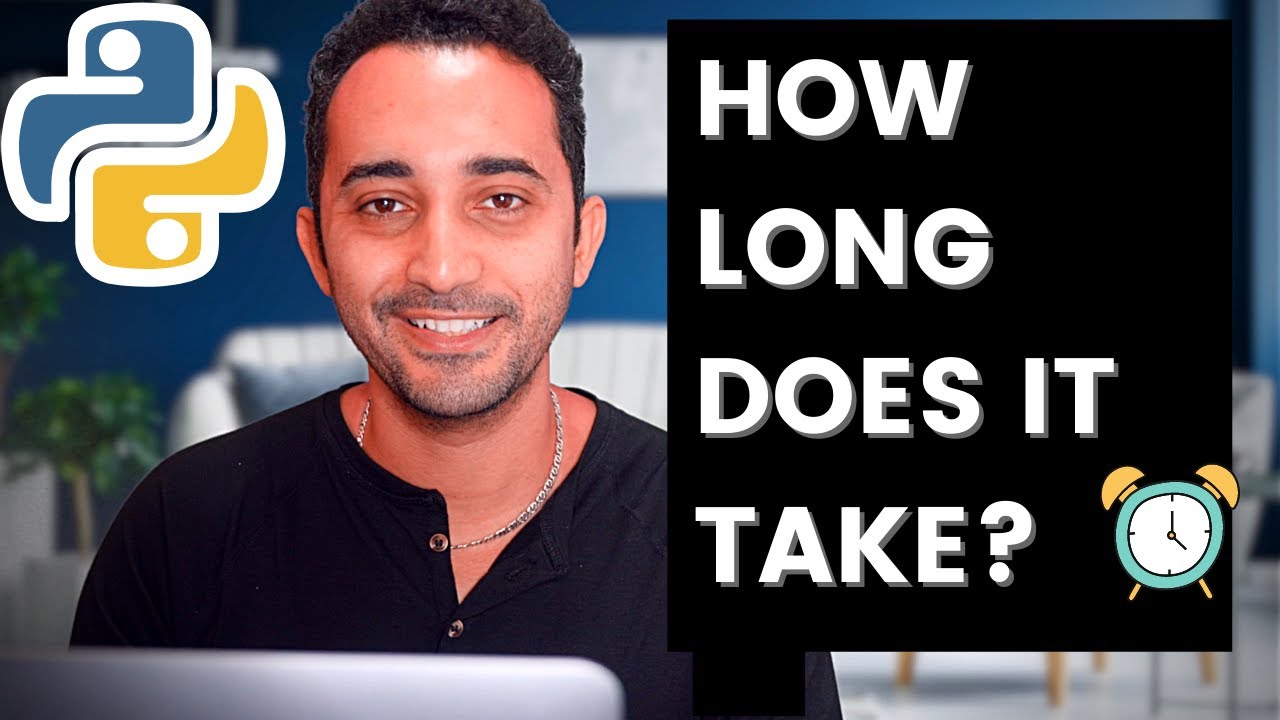
Learning Python is an exciting journey! While it's difficult to provide an exact timeline for learning Python, I'll give you a general idea of what to expect.
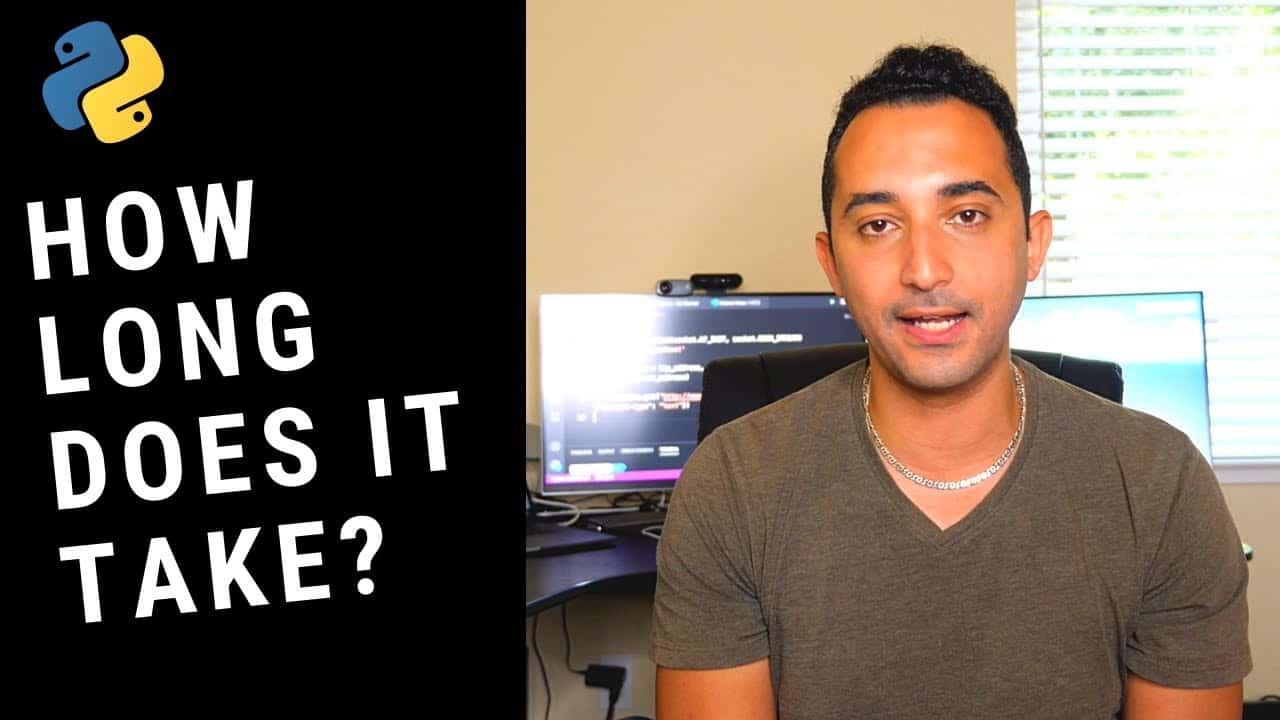
How Long Does It Take to Learn Python?
The amount of time it takes to learn Python depends on several factors:
Your background: If you have prior programming experience or knowledge in another language, you might pick up Python faster. Your learning pace: Are you a quick learner or do you prefer to take your time? How much effort you put in: Consistency is key; dedicate time each week and stick to it.Assuming you have no prior programming experience, here's a rough estimate of what you can expect:
Basic understanding: 1-3 months - You'll learn the syntax, basic data types, and control structures. This will give you a solid foundation. Intermediate level: 6-12 months - You'll understand more advanced concepts like functions, modules, and object-oriented programming. At this stage, you'll be able to build small projects. Advanced level: 1-2 years - You'll dive deeper into topics like data structures, file handling, and web development. This is where you'll start building more complex projects.How Long Does It Take to Get a Job in Python?
The time it takes to land a job using Python depends on several factors:
Your skills: Make sure your skills align with the industry's needs. Your experience: The more projects you work on, the stronger your portfolio will be. Your networking: Attend meetups, conferences, and online communities to connect with potential employers.Typically, it takes around 6-18 months of dedicated learning and practice before you're ready for a job in Python. However, this can vary depending on:
Job type: Some positions might require more advanced knowledge, while others might be entry-level. Company size: Larger companies often have stricter requirements, while smaller ones might be more flexible.To increase your chances of landing a job quickly:
Build a strong portfolio: Showcase your projects and skills on platforms like GitHub or GitLab. Stay up-to-date: Learn the latest Python libraries, frameworks, and tools to stay competitive. Network actively: Attend events, join online communities (e.g., Reddit's r/learnpython), and connect with professionals in the field.In conclusion, learning Python takes time and dedication, but with persistence and consistent effort, you can develop a strong foundation and increase your chances of landing a job in the field.
How long will it take to learn python for beginners
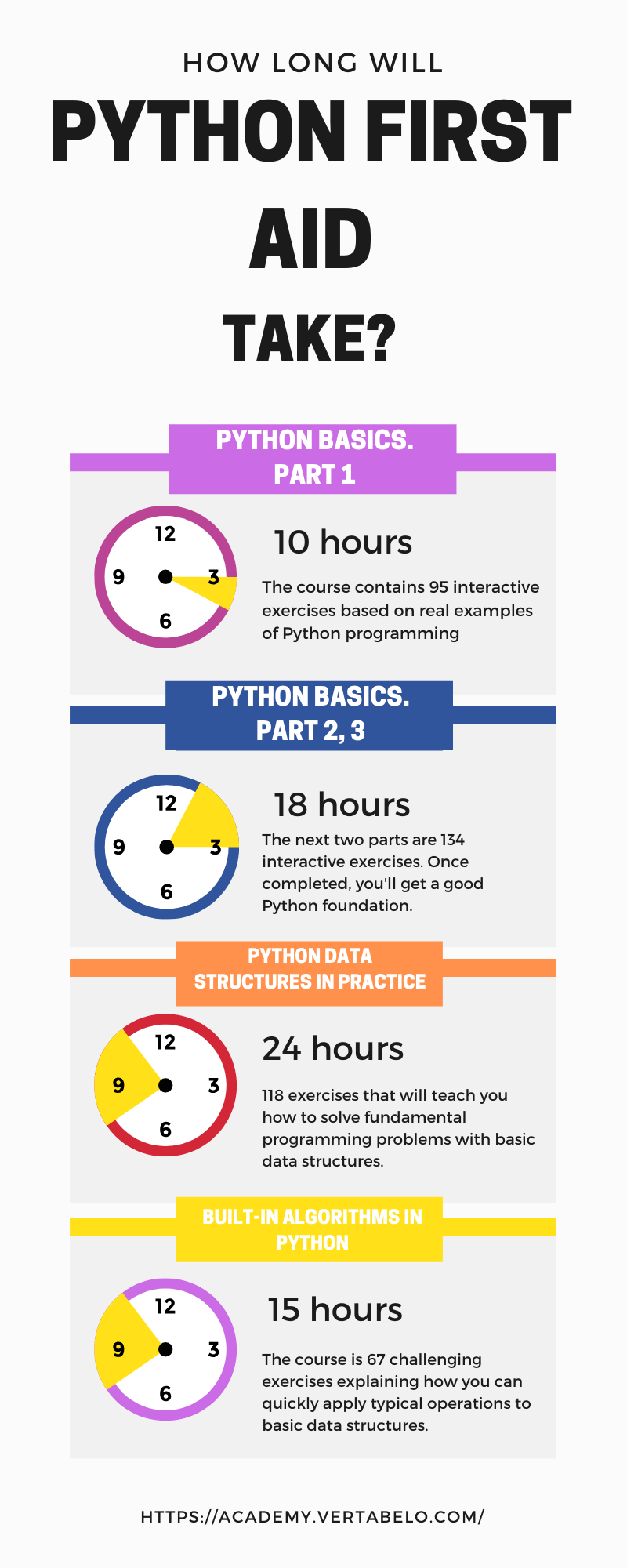
Learning Python for beginners can take varying amounts of time depending on several factors, including prior programming experience, the amount of time devoted to learning, and individual learning style.
Assuming you are starting from scratch and dedicating a few hours each week to learn Python, here's a rough estimate of what you might expect:
Basic Understanding: 2-4 weeks - You can quickly grasp the basics of Python such as variables, data types, loops, conditional statements, functions, and modules within a short span of two to four weeks. Familiarity with Python Syntax: 2-6 weeks - It may take some time to get comfortable with the syntax, indentation, and formatting of Python code. You'll need to practice writing code, understanding errors, and debugging techniques to become proficient in this aspect. Understanding Core Concepts: 4-8 weeks - As you progress, you'll need to grasp more advanced concepts like object-oriented programming (OOP), file handling, exception handling, and data structures (lists, dictionaries, sets). This may take around four to eight weeks depending on how much time you dedicate each week. Building Practical Projects: 2-6 months - Once you have a solid understanding of Python basics, it's essential to start building practical projects that involve real-world applications like data analysis, web development, or automation tasks. This can help you develop problem-solving skills and reinforce your learning. Mastery and Expertise: 1-3 years - To become an expert in Python programming, it may take around one to three years, depending on the depth of knowledge you aim for. You'll need to continuously learn new libraries, modules, frameworks, and best practices to stay up-to-date with the ever-evolving world of Python.Here are some additional tips to help you accelerate your learning:
Start with online resources like Codecademy, DataCamp, or Coursera that offer interactive coding lessons. Practice regularly, even if it's just for a few minutes each day. Read documentation and official guides for specific libraries or modules to deepen your understanding. Join online communities, forums, or social media groups dedicated to Python programming to connect with other learners and get help when needed. Take breaks and review what you've learned before moving on to new topics.Remember that learning a programming language like Python is a long-term process. Be patient, persistent, and enjoy the journey!
